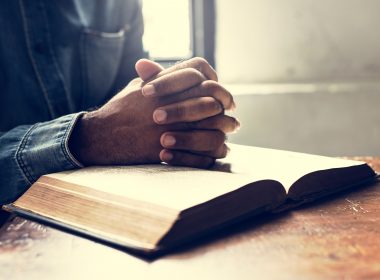The prestigious and expansive gospel music collection of Baylor University has just been recruited to be a part of the Smithsonian Institute, the world’s largest keeper of cultural artifacts and studies.
Bob Darden, journalism professor at Baylor, who has also covered gospel for the Tribune-Herald and Billboard magazine, has painstakingly collected, pieced together, digitized, and archived over 8,000 songs from thousands of records since starting Baylor’s Black Gospel Music Restoration Project in 2006. Most of the records are obscure recordings from the 1940s to the 1980s that otherwise may have never seen the light of day. Now those recordings are saved as high-resolution 40-megabyte files that will stand the test of time.
According to museum officials, the collection will be added to the National Museum of African-American History and Culture, which is now under construction on the National Mall in Washington D.C.
Dwandalyn Reece, curator of music and performing arts at the new African-American museum, was thoroughly impressed as she recently visited the digitization lab at Baylor’s Moody Memorial Library.
“I think it’s a tremendous resource,” said Reece, who visited Baylor for the Pruit Symposium on black gospel music. “I marvel at things like this. We always bemoan the fact that history isn’t being preserved. It takes resources, and Baylor has put forth the effort. . . . Thank God someone is doing it.”
Darden gives credit to the Baylor library system and all the donors who made the archive a reality. By his estimates, about 75 percent of gospel records from the 1940s through the 1970s have been lost forever, but this archive will allow future generations to understand the power and beauty of this music.
“If I’m true to this — gosh, this sounds like a religious fanatic — then it will be blessed,” he said. “I think I’m doing something honorable if the music is being saved, for whatever purpose down the road. It will be available forever.”
The museum is scheduled to open in fall 2015.

















